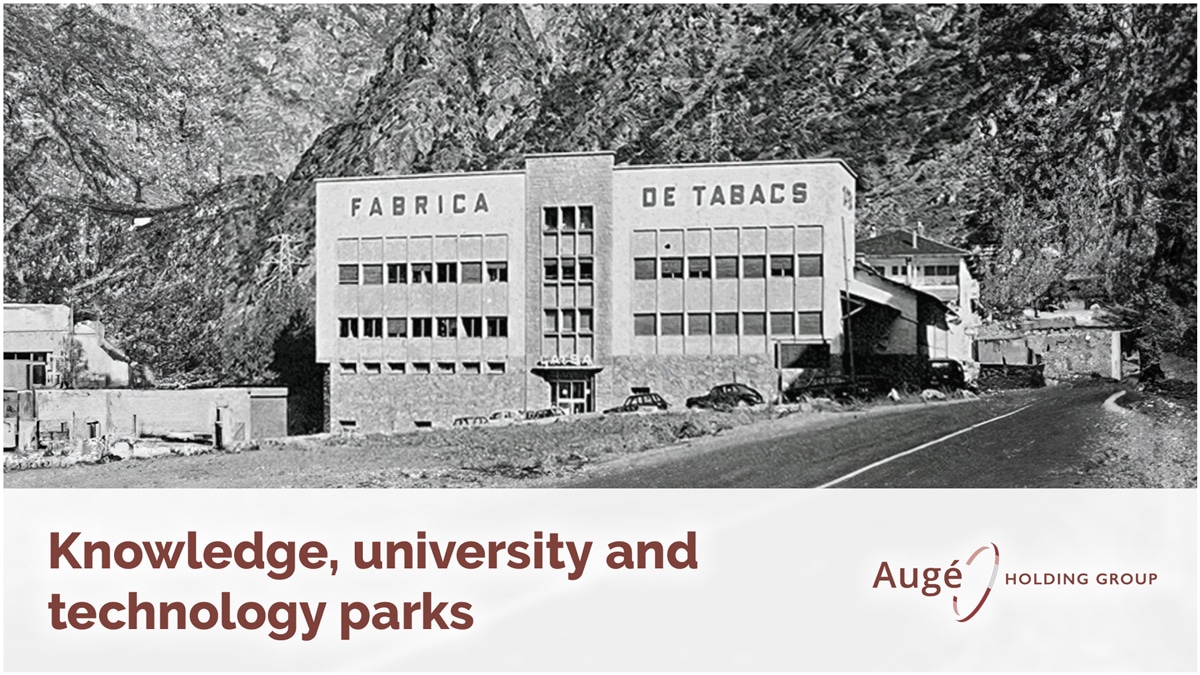The contracts of emphyteutic census in Pas de la Casa
Although its origins date back to Roman law, the emphyteutic establishment has become a form of exploitation of communal property in the Encamp Commune and especially in the Pas de la Casa area.
The contract between the Common and the individual is called emphyteutic establishment. Thanks to it, the common puts at the disposition of the owner a piece of land. In this way, the Encamp Common remains the owner of the land and the individual can use the land, building on it if he considers it appropriate.
The contract is subject to administrative law at the moment of its concession to the individual and private law from the moment it is formalized until its termination. This law is Andorran historical law, i.e., the Customs of Andorra, the Constitutions and other laws of Catalonia and canon and Roman law.
During the duration of the contract, the individual, despite not being the owner, has almost the same faculties, since he can use the property and improve it, constructing buildings on it. Its duration can be up to 99 years, but historically the concessions have been for 70 years.
Each year the Common collects a fee from the individual to whom the land has been ceded. This annual fee is called a “censo”. Likewise, if the owner transfers his right onerously, the common has the right to receive a brick or to make the property his own under the same conditions as the acquirer, this is called the right of “fadiga”.
Historically the brightness that has been charged in the Pas de la Casa has been 5% of the price of the transmission. But along with this relatively high agreed brick, the Comú also agreed that the duration of the establishment would be extended by 70 years from the date of transfer.
It is particularly important that the individual requests the renewal of the contract before its expiration. Otherwise, and depending on the wording of the contract, the Common could make all the constructions without the right to compensation, and at the time of expiration, the right of the individual is extinguished and the owner, who is the Common, can dispose freely without any other burden than to pay for the improvements if so agreed.
Despite the fact that with the pandemic, questions have arisen as to whether the pension paid to the Common should be reduced, the reality is that the laws only foresee reductions of the pension in extreme cases such as war and do not include an epidemic as a cause for reduction of the pension.
At Augé Legal & Fiscal we advise you so that your rights are protected in any area of Andorran civil law.
Legal Department
Augé Legal & Fiscal
Do you want to contact one of our professionals?
Table of contents
Toggle+376 803 636
If you wish, you can call us by phone and we will personally attend to your request.
You can also contact our team by sending your inquiry to the following email: info@augelegalfiscal.com or contact us via WhatsApp (Tel: +376 33 33 76).





